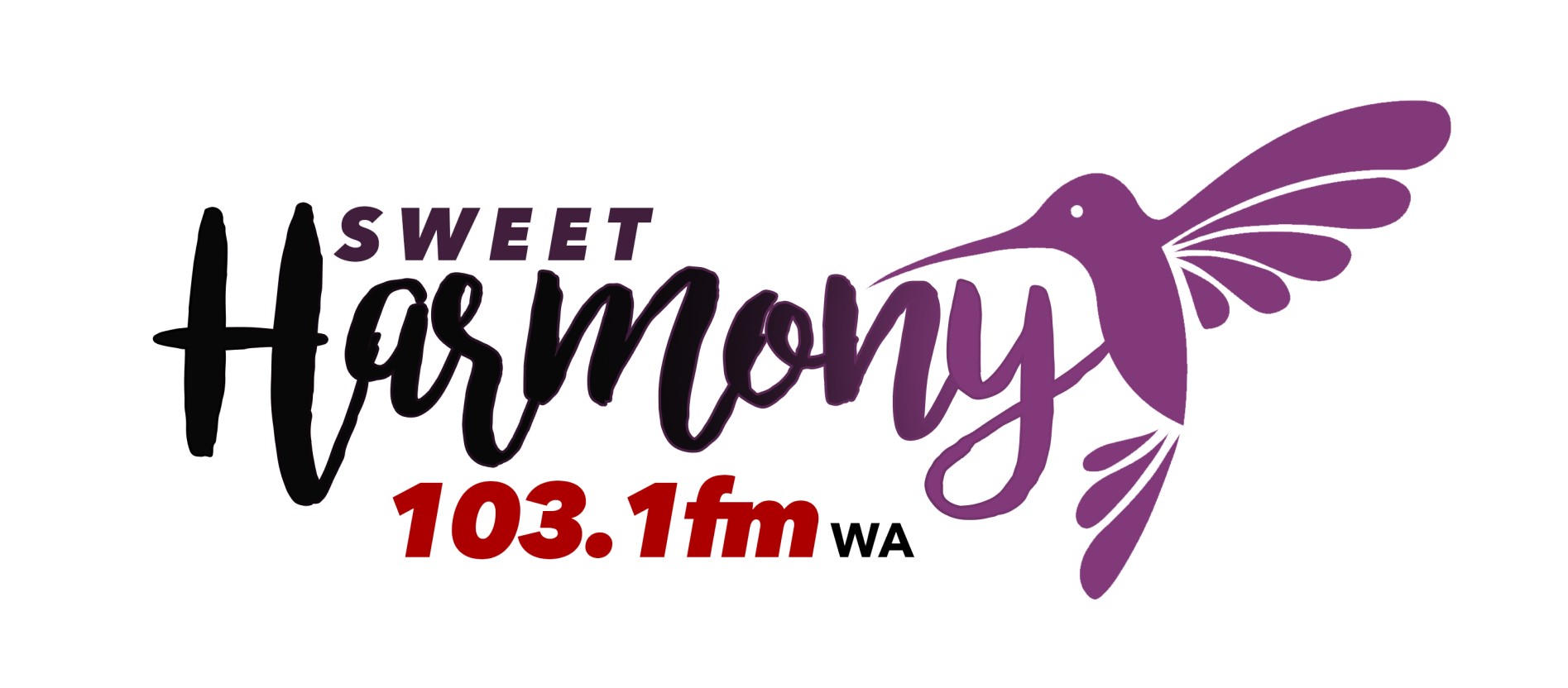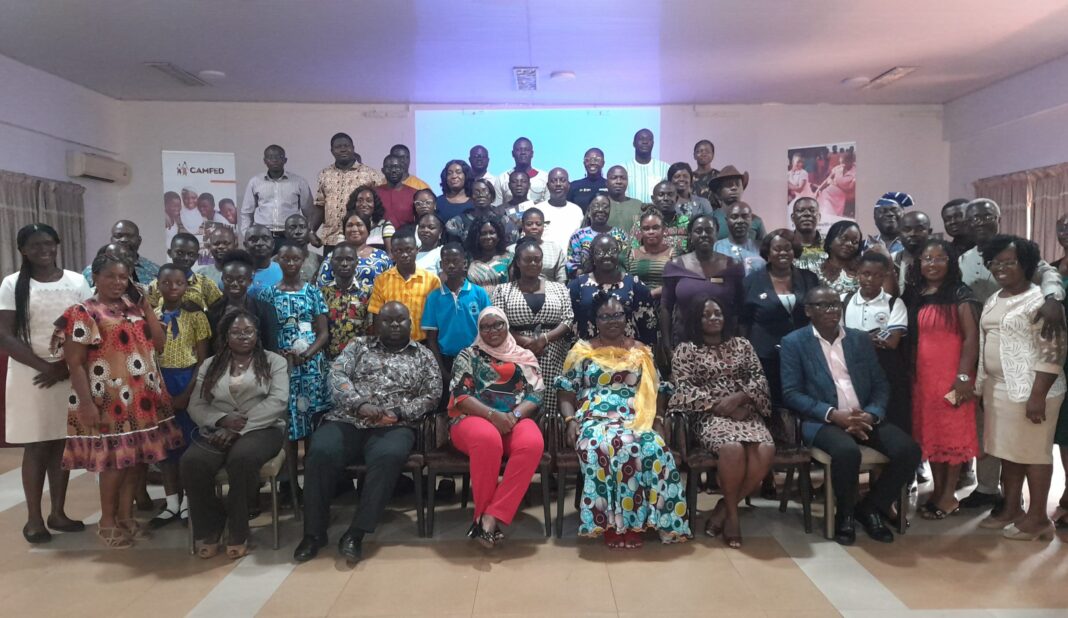To enhance knowledge and service provision for adolescents, CAMFED Ghana has urged the Ghana Education Service (GES) to introduce comprehensive and “age-appropriate” Sexual Reproductive Health (SRH) education into the national curriculum.
It called on the Ghana Health Service (GHS) to establish youth-friendly, confidential, and non-judgmental health services at the community level for the same purpose.
These recommendations follow a CAMFED study, which analysed SRH services in five regions with high rates of child marriage, adolescent pregnancy or HIV/AIDS among adolescents.
These are Tatale Sangule District (Northern Region), Bole District (Savannah Region), Amansie Central (Ashanti Region), Pru West (Bono East Region), and Assin South (Central Region).
The study established, among other things, the existing gaps on topics such as sexual rights, gender-based violence (GBV), adolescent reproductive health, and abortion.
On the demand for SRH knowledge and education, it noted that 80 per cent of 495 households supported the introduction of SRH education, in schools and at home, for young people between ages 10 to 15.
According to the study, health centres, community health workers, schools, religious gatherings, and broadcast media served as key sources of SRH information. However, digital platforms were “underutilised,” due to limited internet access and digital literacy.
CAMFED Ghana and partners said adolescent girls in school demonstrated “higher awareness” of SRH topics than boys, who relied on informal sources such as peers.
That, notwithstanding, myths and misconceptions around aspects such as contraceptive side effects continued to be widespread.
Other concerns identified were traditional and cultural beliefs said to be a barrier to SRH education at the household level, as some parents lacked formal training on SRH topics.
“Approximately 74.3% of households reported using SRH services, with public health facilities being the primary service provider, yet many rural communities have no public health facility and usage varies significantly by district…” the study noted.
“Maternal health services and family planning are the most frequently accessed services, whereas legal aid and security services for SRH-related issues are rarely used.”
CAMFED expressed concern over some adolescent girls engagement in unsafe abortion practices due to lack of access to proper services.
The organisation cited insufficient budget allocation for SRH programmes, absence of health centres in some rural communities, and inadequate “disability-friendly SRH services” as some challenges in sexual and reproductive health education and service provision.
In addition to the proposed health and education sector initiatives, CAMFED urged the Ministry of Gender, Children and Social Protection to enforce laws protecting adolescents from GBV and early marriage.
“Local governments should allocate sufficient budgetary resources to SRH programmes and improve infrastructure for SRH service delivery…
“GHS should integrate SRH services into community health clinics and establish referral pathways for adolescents in need of specialised care,” the study noted.
It emphasised digital innovations and Public-Private Partnerships to expand SRH services and sustainability.
CAMFED further called for inclusion of local and traditional leaders in community-based SRH education programmes to address cultural barriers and create a supportive environment for adolescents to access SRH information.
“Targeted SRH programmes should be developed for adolescents with disabilities, incorporating accessibility features…Awareness campaigns should be implemented to reduce stigma and discrimination against people with disabilities’ access to SRH services…”
“Training programmes should be expanded for healthcare workers to improve youth-friendly service provision…More mobile health units should be deployed to improve SRH access and information provision in remote areas.”
Ms Fairuza Abdul-Rashid Safian, the Execituve Director, CAMFED Ghana, highlighted progress made over the years and called for a multi-sectorial approach to improving SRH access, empowerment of young girls, and promoting gender equality.



